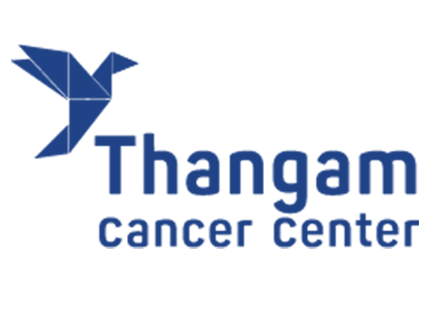Healthy Diet Plan for Cancer Patients
When you are diagnosed with cancer, having a healthy diet plan plays a significant role in the journey towards recovery. Whether you’re undergoing chemotherapy, radiation or other cancer treatments, there is a high chance of losing weight and your physical health needs strength to fight against the cancer.
Nutrients, especially protein are vital to consume during this time. If not, the body will use up the remaining energy and protein, resulting in increased fatigue, weakness and a heightened risk of malnutrition. To assist with dietary adjustments before cancer treatment, we’ve compiled a list of recommended and restricted foods for cancer patients.
Foods to include in your diet during cancer treatment.
Here is the list of healthy diet plans to make dietary adjustments before cancer treatment.
- Proteins: Proteins are among the best meals to consume when receiving chemotherapy or other cancer treatments.
- Good sources of protein include dairy products, peas and beans, meat, and soybeans.
- Choices for high proteins include beans like kidney beans (rajma), chickpeas (chana), peas (mutter), and pulses (dal).
- You can serve every meal with a bowl of raita, or curd. A dash of spice can be added to enhance the flavor.
- Choose healthier options, such as fish over red meats, which can be harder to digest.
- Fats: Incorporate monounsaturated and polyunsaturated fats into your diet for heart health. Walnuts, avocados, grapeseed oil, and olive oil are rich sources of omega-3 fatty acids, which reduce irritation and enhance the health of the heart.
- Carbs: Choose less processed foods such as oats, and whole wheat, which are high in soluble fiber and promote gut health. Soluble fibre stimulates the synthesis of short-chain fatty acids (SCFAs), which support cell repair and metabolism.
- Fibre: Combat constipation, a common symptom among cancer patients with an increase in your fibre intake. Include green and dark yellow vegetables in your diet and add fresh salad to dinner for an extra fibre boost.
- Fruits and vegetables: Aim to consume two to three cups of vegetables or fruits daily. Despite common misconceptions, vegetarians may need to increase their vegetable intake to meet recommended levels.
- Liquids: Stay hydrated during the day, you should drink a lot of water. You can also experiment with lemon water and fresh fruit juices in addition to water.
The foods that need to be avoided during cancer treatment:
It is essential to know what you’re putting into your body when it comes to receiving cancer therapy. Since immune systems are frequently weakened in cancer patients, you may want to avoid items that increase your chance of further illnesses.
Begin with what foods need to be cooked and read the nutrition label before having it. Here are some of the common food items that need to be avoided during cancer treatment.
- Unprocessed cider, juice, milk, yogurt, eggs and highly refined foods should be avoided.
- Fried foods with a high hydrogenated oil content might exacerbate inflammation, so you should stay away from them.
- Stored duck, chicken, or other meat paste in the refrigerator as the organs aren’t usually cooked fully and could contain harmful bacteria.
- Sandwiches that are cold and ready to eat, or salads from the cafe that include ham, chicken, egg, or shellfish.
- Fish that has been smoked, such as spreads and dips prepared with smoked fish.
- Watercress, curry leaves, and bean sprouts such as mung beans, lentils, and buckwheat. These foods are great for harboring typhoid and E. coli found in some commercial fertilizers since they are frequently produced in warm, humid settings.
- Soft cheeses produced without pasteurization, such as feta, goat cheese, Brie, Camembert, and the majority of blue-veined cheeses.
- Raw or uncooked eggs, such as soft boiled, or poached, and foods made with raw eggs, like homemade cookie dough, should be avoided. Starchy foods, such as rice, and pasta, should be reheated.
- Melons, especially watermelon, because of their higher risk of bacterial contamination. After cooking, cooked rice is occasionally left to stand at room temperature, which allows germs to grow quickly in a warm, wet environment.
- If starchy items are going to be consumed later, they should be cooled down rapidly. Better yet, cook only what you intend to eat right away.
Although these recommendations provide broad guidance, it’s crucial to speak with doctors and other experts to customize diets for specific needs. Seek counsel from top hospitals for cancer treatment at Thangam Cancer Care Centre for dietary plans and professional opinions provided to your treatment plan.
A nutritious diet for cancer patients is an essential part of cancer treatment because it promotes general health, and reduces risks and well-being through the period of recovery. Cancer patients can improve their nutrition and accelerate their path to recuperation and healing by following professional advice and making educated dietary decisions.

